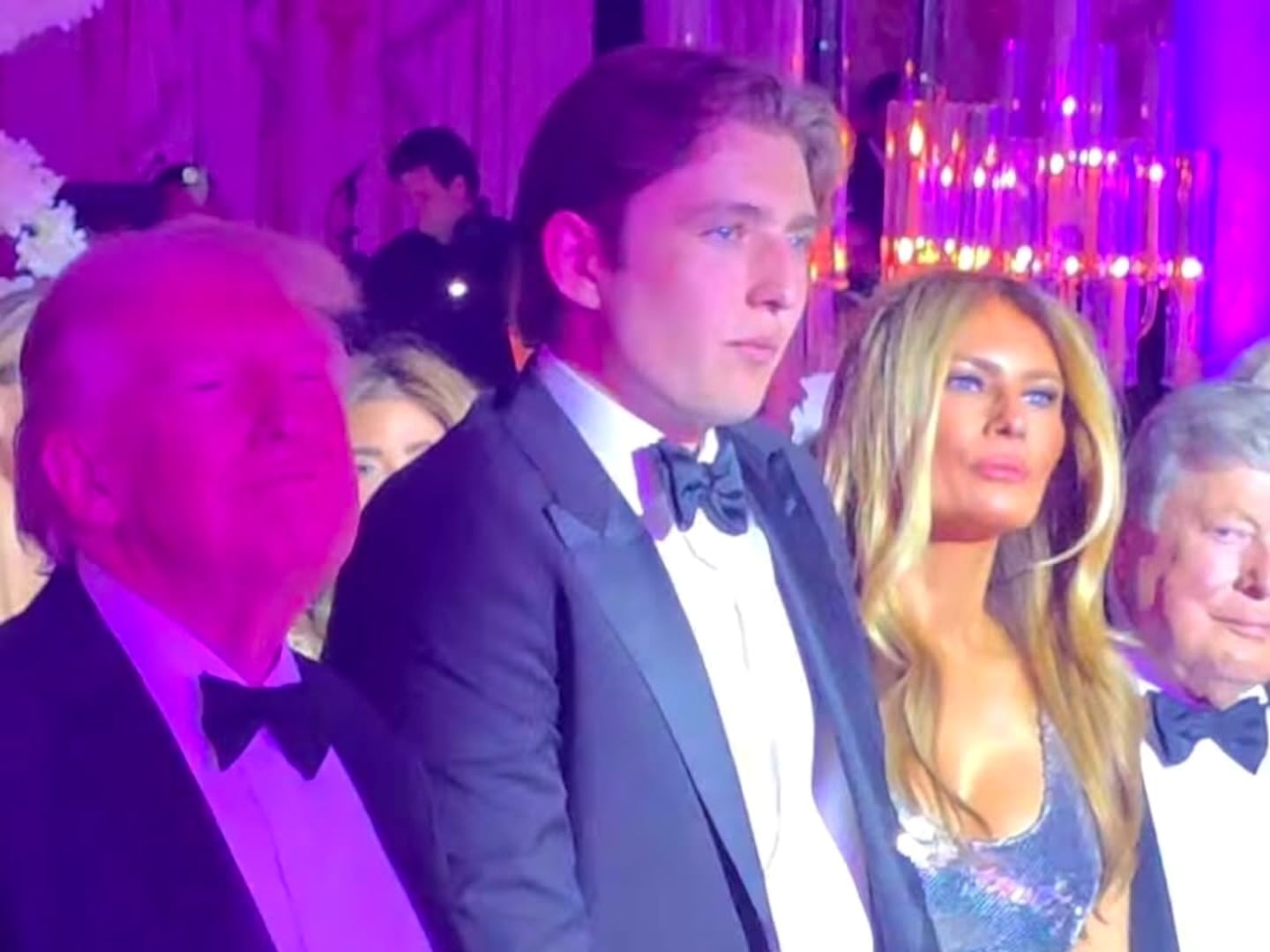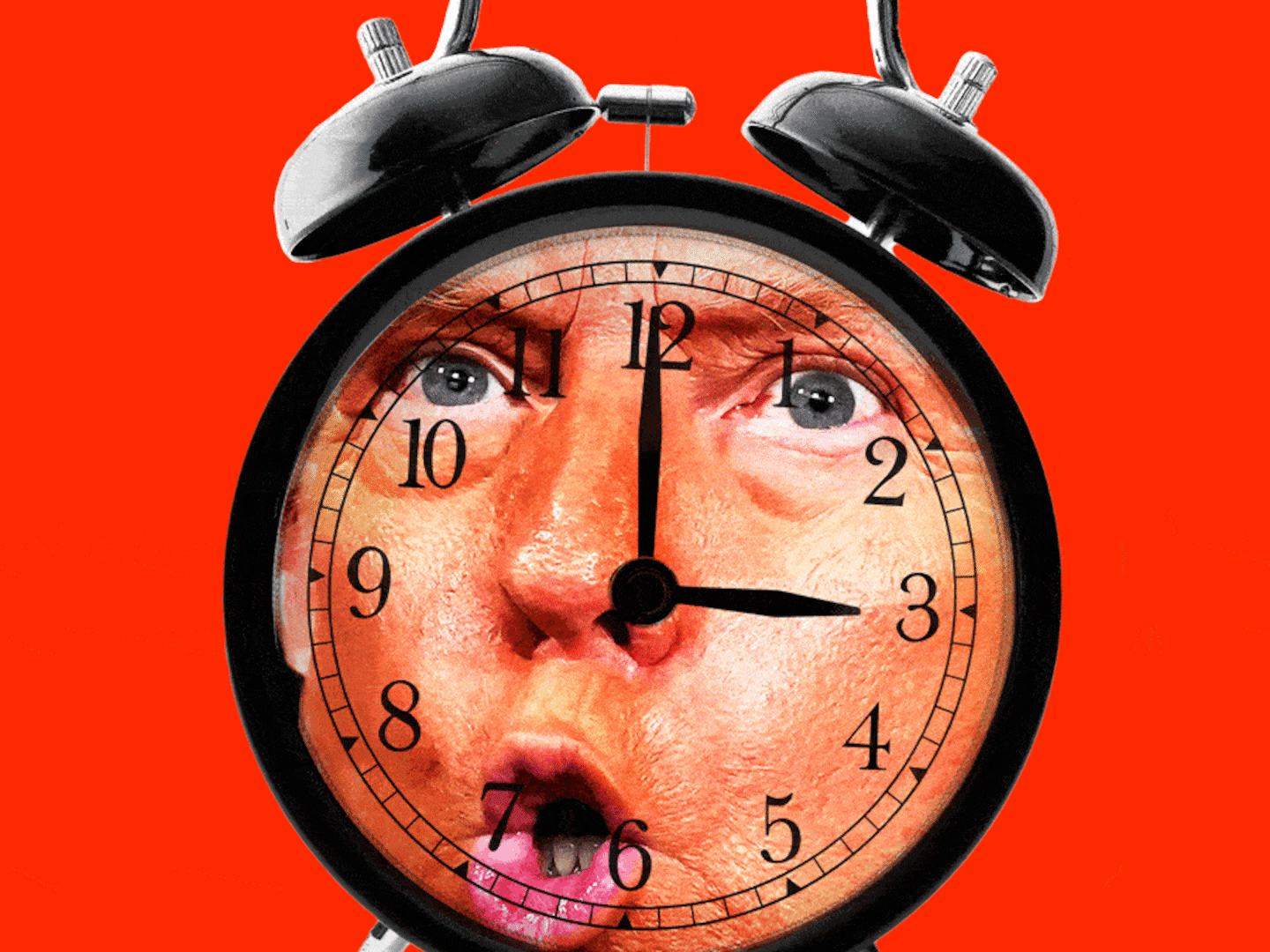
The Supreme Court heard arguments yesterday in a landmark Second Amendment case. Two years ago, the court held for the first time that the Second Amendment protected the right of individuals to own guns. That case, District of Columbia v. Heller, involved a ban on handguns in Washington, D.C., a federal territory. Left unresolved in Heller was whether the Second Amendment right to bear arms applied to state and local laws. Yesterday’s case, McDonald v. City of Chicago, will answer that question.
Court watchers unanimously predict that gun-rights proponents will win. I was at the oral argument and the justices appeared ready to apply the Second Amendment to the state and local governments. Alarmists on the left have warned that such a victory for gun-rights advocates could spell the end of gun control. Gun-rights groups, like the NRA, hope the alarmists are right. They pray that courts will begin striking down gun-control laws in state after state.
Heller is directly responsible for all those gun-control laws being upheld. Justice Antonin Scalia’s majority decision went out of its way to say that the right to bear arms is not infringed by many forms of gun control.
But even if the justices rule that the Second Amendment applies to state and local laws, the results are likely to defy the extremists on both sides. Nearly all state and local gun laws are going to survive.
The Supreme Court that heard yesterday’s argument isn’t the same as the one that voted 5-4 to strike down D.C.’s handgun ban. The composition of the court has changed with the addition of Justice Sonia Sotomayor. No one knows how she’ll vote in the case before the court. As a lower-court judge, she voted against applying the Second Amendment to the states. But that tells us less than it might appear. Her court had ruled against extending the Second Amendment to the states in an earlier case and she was bound by that precedent. Supreme Court justices, by contrast, aren’t bound by precedent in the same way—as the decisions of the Roberts Court keep reminding us.
Strong supporters of gun rights assume Justice Sotomayor will vote like her predecessor, Justice David Souter, who dissented in Heller. No matter. They are counting on the same five justices who gave them a majority before to side with them again. If those justices come through—as they seemed prepared to do yesterday—gun-rights advocates will have won the ability to challenge “the 20,000 state and local gun-control laws” the NRA likes to complain about.
Extending the Second Amendment to the states seems like a major expansion of gun rights. On closer examination, the expansion isn’t that great. Most states already protect the right of individuals to own guns. Forty-two of the 50 states have provisions in their own state constitutions guaranteeing the individual right to bear arms. Even the eight states without constitutional guarantees all permit citizens to own firearms and use them for personal self-defense.
The interesting thing about the right to bear arms in state constitutions is what courts do when faced with challenges to gun-control laws: They uphold them. For over a century, state judges have been ruling on the constitutionality of every conceivable type of gun control. Yet very few gun-control laws have been invalidated. In most states, not a single gun-control law has ever been struck down by the courts for violating the right to bear arms. Courts tend to defer to lawmakers and permit them wide leeway to balance public safety and crime control with the ability of law-abiding citizens to defend themselves against attack.
So far, that’s exactly what’s happened with the Second Amendment. After the Heller decision, criminals across the country thought the case was their get-out-of-jail-free card. Every person charged with a gun crime challenged the law as a violation of his right to bear arms. Since June 2008, there have been more than 150 federal court cases ruling on the constitutionality of gun control. The number of cases is remarkable. Equally as remarkable, however, is the fact that the federal courts have upheld every gun-control law challenged under the Second Amendment.
This is not a case of mutinous lower-court judges refusing to go along with the Supreme Court’s pronouncements. In fact, the judges are doing exactly what the Supreme Court told them to do. For all the hue and cry about the Supreme Court’s recognition of the individual right to bear arms, Heller is directly responsible for all those gun-control laws being upheld. Justice Antonin Scalia’s majority decision went out of its way to say that the right to bear arms is not infringed by many forms of gun control. Among the laws Scalia said were acceptable were bans on ex-felons from possessing firearms, prohibitions on guns in sensitive places like schools, and restrictions on commercial gun sales. Lower courts consistently point to this part of Scalia’s opinion to explain why gun-control laws are constitutionally permissible.
Why did the Supreme Court list out this expansive set of Second Amendment exceptions? Some have speculated that it was necessary to secure the support of Justice Anthony Kennedy, known to be the court’s swing vote. That may or may not be true. But it’s certainly true that the conservatives on the court are law-and-order types not known to be friendly to criminals, who just happen to be the sort of people who usually run afoul of gun laws.
In yesterday’s hearing, even the most conservative justices suggested that elected officials should have broad leeway to regulate guns. Justice Kennedy noted that, even where state and local governments were bound by the Bill of Rights, lawmakers “have substantial latitude and ample authority to impose reasonable regulations.” Justice Scalia said that his Heller opinion “was very careful not to impose” severe limitations on gun control “precisely because it realized that” gun violence “is a national problem.”
After Heller, Dennis Henigan of the Brady Center to Prevent Gun Violence, the nation’s leading gun-control organization, said the decision was a “pleasant surprise.” The exceptions carved out by the court “encompassed our entire agenda.” Yesterday, I ran into Henigan again. Although opposed to extending the Second Amendment to the states, Henigan thought the hearing “couldn’t have gone any better.” The NRA and other supporters of gun rights who are counting on yesterday’s case to lead to the dismantling of gun-control laws nationwide are in for a surprise, too. Only it may not be a pleasant one.
Adam Winkler is a constitutional law professor at UCLA.






